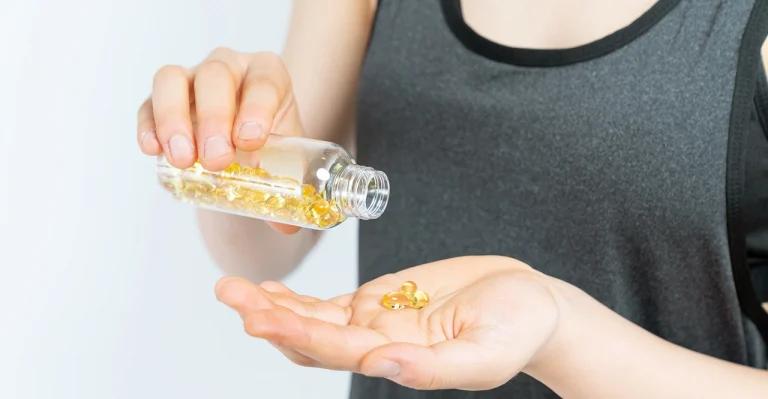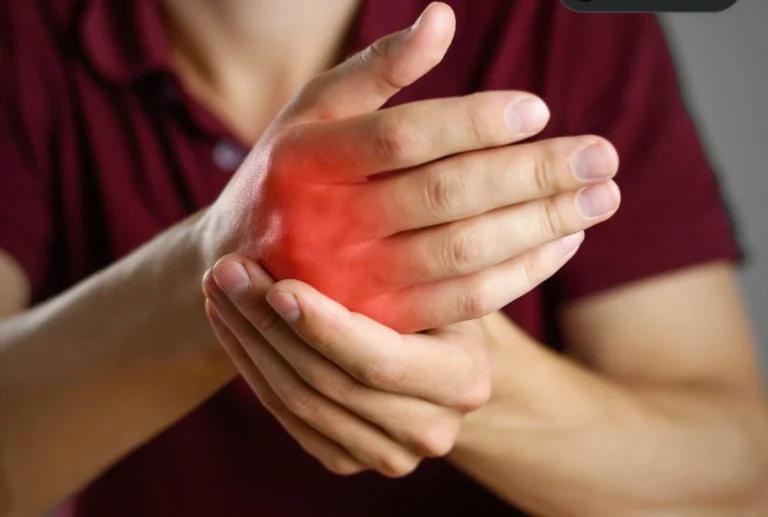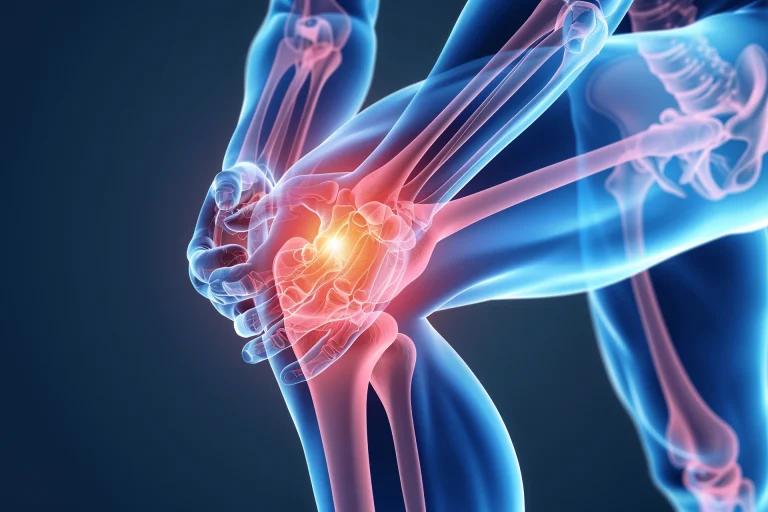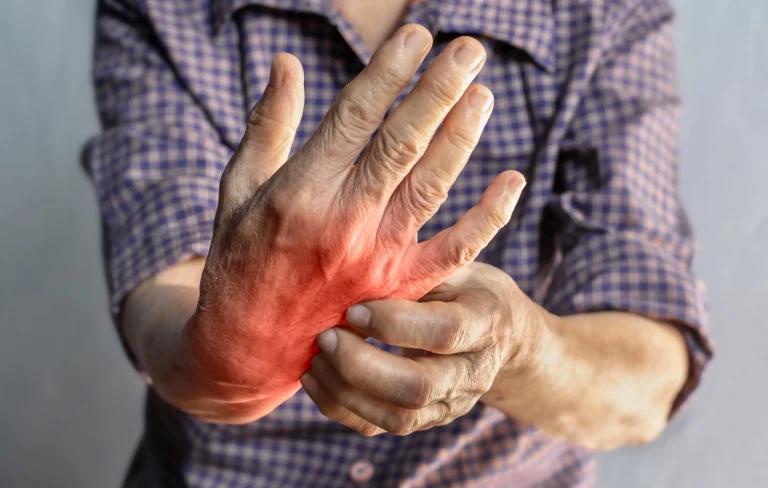As we age, the health and functionality of our joints become increasingly crucial to maintaining an active, independent lifestyle. From the wear and tear of everyday activities to the impact of chronic conditions like osteoarthritis, joint-related issues can significantly impair our quality of life. However, with the right knowledge and proactive approach, we can take charge of our joint health and safeguard our mobility well into our golden years.
This comprehensive guide will delve into the expert insights and practical strategies to help you keep your joints strong, flexible, and pain-free. Whether you’re dealing with existing joint problems or want to prevent future issues, this article will give you the knowledge to navigate the complexities of joint health.
Understanding the anatomy and function of joints
To effectively care for our joints, it’s essential to understand their underlying anatomy and the important role they play in our overall physical well-being. Joints are the points where two or more bones come together, and they are responsible for facilitating movement, absorbing shock, and providing stability to our body.
At the heart of a healthy joint lies a slippery tissue called cartilage, which covers the ends of the bones and acts as a shock absorber. This cartilage helps the bones glide smoothly against each other, allowing for seamless joint movement. Additionally, the joints are surrounded by a capsule filled with a lubricating fluid called synovial fluid, which further reduces friction and enhances mobility.
The causes of joint degeneration
As we age, the delicate balance of joint health can be disrupted by various factors, leading to the gradual degeneration of cartilage and the development of painful conditions like osteoarthritis. Some of the primary reasons behind joint degeneration include:
- Genetic factors: Some individuals may be born with abnormally shaped bones or a tendency towards weaker cartilage, increasing their risk of joint problems
- Obesity and excess weight: Extra pounds put significant stress on the weight-bearing joints, such as the knees and hips, accelerating the breakdown of cartilage
- Overuse and injuries: High-impact sports, repetitive movements, and traumatic injuries can all contribute to the wear and tear of joint structures over time
- Underlying health conditions: Certain health issues, such as rheumatoid arthritis, gout, and diabetes, can also negatively impact joint health
Understanding the potential causes of joint degeneration is the first step in developing a comprehensive plan to protect and maintain your joints as you age.
Strategies for preserving joint health
Fortunately, there are numerous strategies you can employ to safeguard your joints and prevent or manage joint-related issues. By incorporating these practices into your daily routine, you can take proactive steps to keep your joints healthy and functioning at their best.
Maintain a healthy weight
Excess weight places a significant burden on the weight-bearing joints, accelerating the breakdown of cartilage and increasing the risk of osteoarthritis. By maintaining a healthy body weight, you can alleviate the stress on your joints and reduce the strain they endure during everyday activities.
Eat a healthy diet
Maintaining a healthy diet and lifestyle can help promote joint health. Fish, such as salmon and mackerel, contain omega-3 fatty acids that can reduce inflammation in your joints which causes joint pain. The nutrients in dairy products, olive oil, avocado, flaxseeds, chia seeds, walnuts and hempseeds all contribute to bone health.
Engage in low-impact exercise
While high-impact activities like running and jumping can be tough on the joints, incorporating regular exercise such as low-impact exercises into your routine can help strengthen the muscles and improve flexibility without placing undue stress on the joint structures. Physical activities such as swimming, cycling, and low-impact aerobics are excellent options for joint-friendly workouts.
Strengthen the muscles around the joints
Developing strong muscles around the joints can help take the load off the joint surfaces, reducing the wear and tear on the cartilage. Incorporate strength training exercises that target the major muscle groups surrounding the joints, such as the quadriceps, hamstrings, and core.
Prioritise flexibility and range of motion
Maintaining a good range of motion and flexibility in the joints is crucial for preserving their health and function. Engage in regular stretching and mobility exercises to keep the joints limber and reduce the risk of stiffness and pain.
Protect joints during daily activities
Be mindful of how you use your joints during everyday tasks and take steps to minimize the strain. For example, use larger, stronger joints and muscles to lift heavy objects, avoid high heels, and consider using assistive devices like canes or braces to offload the pressure on weight-bearing joints.
Incorporate supplements and medications
While supplements like glucosamine and chondroitin have been touted for their potential joint-health benefits, the evidence for their efficacy is still inconclusive. Taking calcium, vitamin D and fish oil supplements can also promote strong bones. Consult with your healthcare provider before incorporating any supplements or medications, as they may have side effects or interact with other conditions you may have.
Explore regenerative treatments
Emerging treatments such as stem cell therapy and platelet-rich plasma (PRP) injections are being studied for their potential to stimulate the body’s natural healing processes and regenerate damaged joint tissues. However, these therapies are still considered experimental, and it’s essential to discuss the risks and benefits with your healthcare provider.
Maintain good posture and body mechanics
Proper body mechanics and good posture can go a long way in reducing the strain on your joints. Be mindful of how you sit, stand, and move, and make adjustments to your posture and movement patterns to minimise the risk of joint-related issues.
Manage existing joint conditions
If you’re already dealing with joint-related conditions like osteoarthritis, work closely with your healthcare provider to develop a comprehensive management plan. This may include a combination of medications, physical therapy, bracing, and lifestyle modifications to reduce symptoms and slow the progression of the condition.
Stay informed and proactive
Staying informed about the latest advancements in joint health research and being proactive in managing your well-being is key to maintaining lifelong joint function. Regularly consult with healthcare professionals, participate in joint-health education programs, and make informed decisions about your treatment options.
Conclusion
Preserving the health and functionality of our joints is a lifelong journey, but one that is well worth the effort. By understanding the underlying anatomy and causes of joint degeneration you can take control of your joint health and enjoy an active, pain-free lifestyle for years to come.
Remember, the key to unlocking the secrets to lifelong joint health lies in a proactive approach that combines lifestyle changes, targeted exercises, and ongoing medical guidance. Embrace these principles, and you’ll be well on your way to maintaining the mobility and independence you deserve.
Sources
- 16 Joint-Protection Tips
- Mayo Clinic expert offers tips on how to keep joints healthy as you age – Mayo Clinic News Network
Medical Disclaimer
NowPatient has taken all reasonable steps to ensure that all material is factually accurate, complete, and current. However, the knowledge and experience of a qualified healthcare professional should always be sought after instead of using the information on this page. Before taking any drug, you should always speak to your doctor or another qualified healthcare provider.
The information provided here about medications is subject to change and is not meant to include all uses, precautions, warnings, directions, drug interactions, allergic reactions, or negative effects. The absence of warnings or other information for a particular medication does not imply that the medication or medication combination is appropriate for all patients or for all possible purposes.










